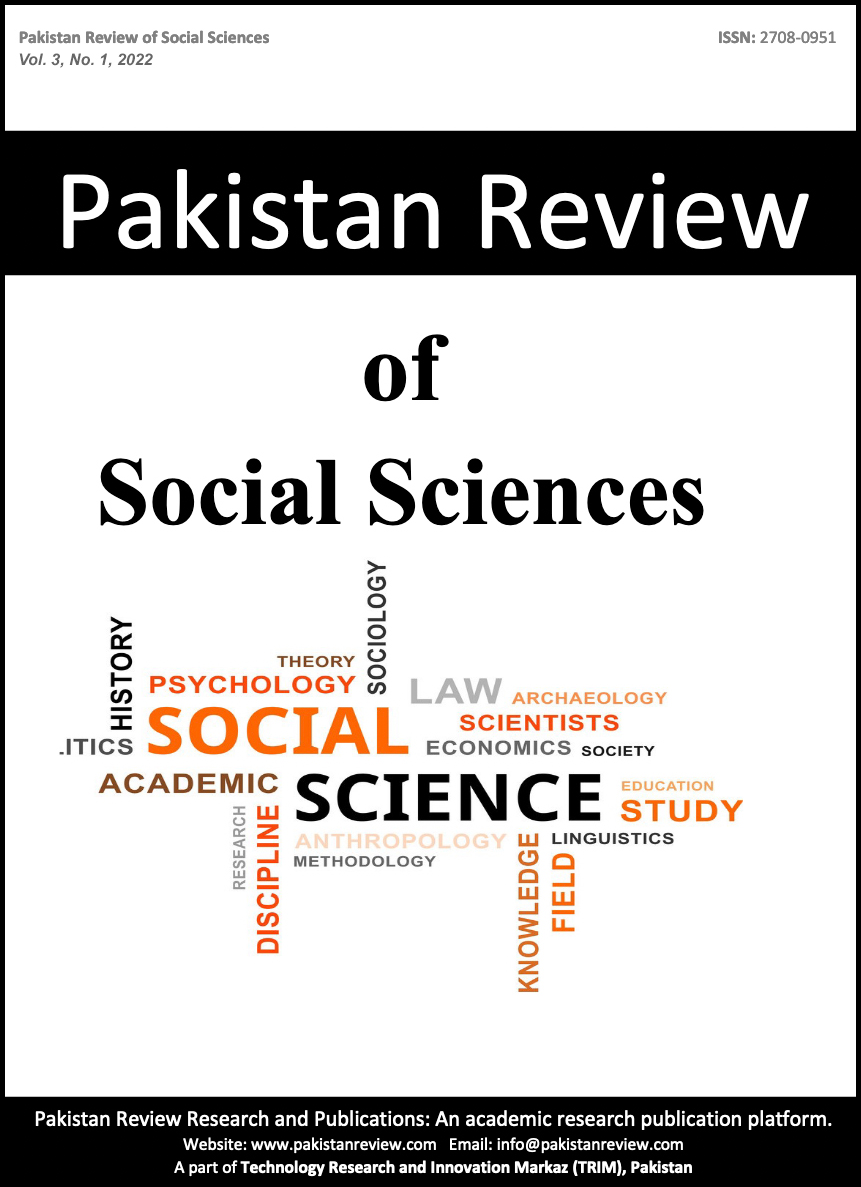The Prospects of Normalization and Strengthening of Iran-Saudi Relations and its Implications for the USA
Keywords:
KSA, Iran, Geopolitics, Middle East,, USA, Foreign policyAbstract
Iran and Saudi Arabia are two of the most significant states in the Middle East. Historically, the two nations have been bitter rivals, and the nature of their relationship has played a considerable role in shaping the geopolitical dynamics of the region and the involvement of great powers in regional affairs. If Iran and Saudi Arabia reconcile their differences and form a closer relationship, it could lead to greater stability in the region, as well as increased economic and political cooperation. As the United States is one of the most heavily involved extra-regional powers, the normalization and potential strengthening of the relationship between Iran and Saudi Arabia may have significant implications for the traditional role of the US in the region. On the one hand, a closer relationship between Iran and Saudi Arabia could lead to a decrease in tensions and conflicts in the region, which would be a positive development for the US. The US has traditionally viewed Saudi Arabia as a key ally in the Middle East, and any shift away from this relationship, on the other hand, may negatively affect its foreign policy objectives in the region. Ultimately, the implications of a strengthened Saudi-Iran bilateral relationship for the US will depend on a variety of factors, including the nature of the evolving relationship, the degree of cooperation between the two nations, and the overall impact of it on regional stability and American interests in the Middle East.
Downloads
Published
Issue
Section
License
Copyright (c) 2024 Syed Shah Hussain Gillani

This work is licensed under a Creative Commons Attribution 4.0 International License.
Submission declaration
Authors retain the copyright to their work and grant the Pakistan Review of Social Sciences (PRSS) the right of first publication under a Creative Commons Attribution 4.0 International (CC BY 4.0) license. This license allows others to share, adapt, and reuse the work for any purpose, including commercial use, as long as appropriate credit is given to the original authors and the journal.
By submitting a manuscript, authors confirm that the work has not been published previously (except as an abstract, lecture, or academic thesis), is not under review elsewhere, and has been approved by all authors and relevant authorities. Once accepted, the article will be openly accessible under the CC BY 4.0 license, ensuring wide dissemination and reuse with proper attribution.






